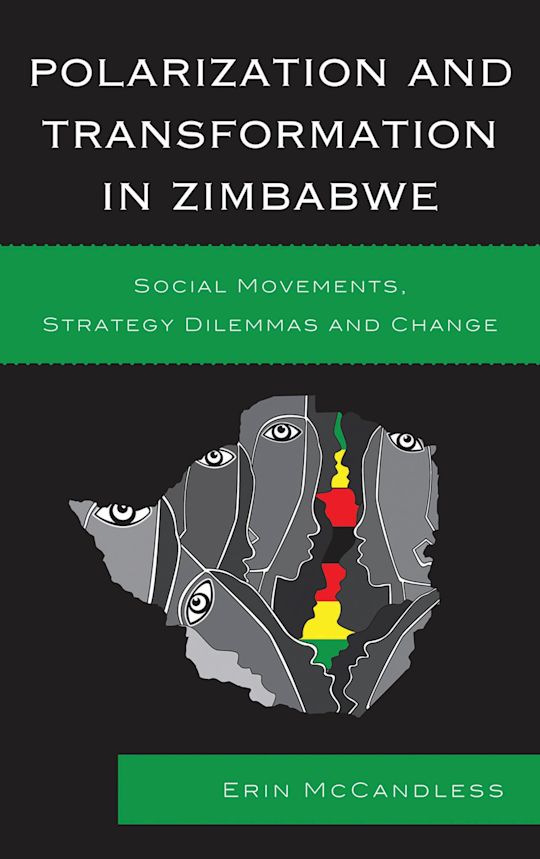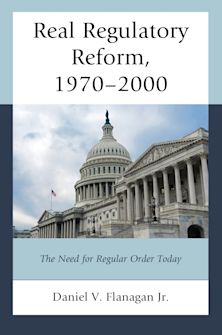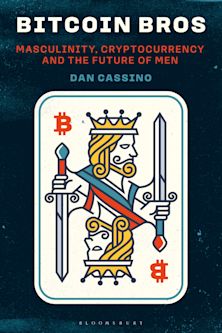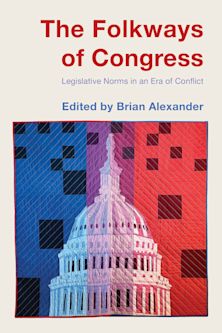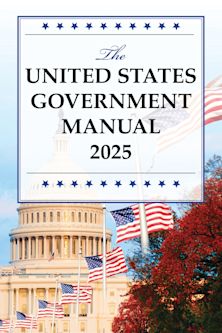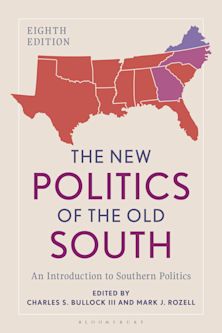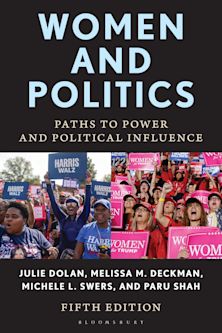- Home
- ACADEMIC
- Politics & International Relations
- American Government and Politics
- Polarization and Transformation in Zimbabwe
Polarization and Transformation in Zimbabwe
Social Movements, Strategy Dilemmas and Change
Polarization and Transformation in Zimbabwe
Social Movements, Strategy Dilemmas and Change
This product is usually dispatched within 1 week
- Delivery and returns info
-
Free CA delivery on orders $40 or over
You must sign in to add this item to your wishlist. Please sign in or create an account
Description
Social movements and civic organizations often face profound strategy dilemmas that can hamper their effectiveness and prevent them from contributing to transformative change and peace. In Zimbabwe two particular dilemmas have fed into and fueled destructive processes of political polarization-dividing society, leadership, and decision-makers well beyond its borders. As conceptualized in this study, the first is whether to prioritize political or economic rights in efforts to bring about nation-wide transformative change (rights or redistribution). The second is whether and how to work with government and/or donors given their political, economic, and social agendas (participation or resistance). This book investigates these issues through two social movement organizations-the National Constitutional Assembly and the Zimbabwe National War Veterans' Association-and the movements they led to achieve constitutional change and radical land redistribution. Through in-depth case study analysis and peace and conflict impact assessment spanning the years 1997-2010, lessons are drawn for activists, practitioners, policy-makers, and scholars interested in depolarizing concepts underpinning polarizing discourses, transcending strategy dilemmas, and understanding how social action can better contribute to transformative change and peace.
Table of Contents
Chapter 1. Mapping Polarization and Transformation in Zimbabwe
Chapter 2. Historical Context for Social Action in Zimbabwe
Part II: The Movements
Chapter 3. The NCA: Grievances, Structure and Identity, Driving Interests
Chapter 4. The ZNLWVA: Grievances, Structure and Identity, Driving Interests
Chapter 5. NCA and ZNLWVA: Strategy Dilemmas and Actions
Part III: Transformative Change and Peace
Chapter 6. Assessing Outcomes and Implications for Transformative Change and Peace
Chapter 7. Transforming and Preventing Polarization: Lessons from Zimbabwe
Product details
| Published | Sep 01 2011 |
|---|---|
| Format | Hardback |
| Edition | 1st |
| Extent | 270 |
| ISBN | 9780739125953 |
| Imprint | Lexington Books |
| Dimensions | 241 x 161 mm |
| Publisher | Bloomsbury Publishing |
About the contributors
Reviews
-
This is a major study of Zimbabwean social movements that undercuts any simple binary between "good" and "bad" civic players in Zimbabwe politics. The book critically examines both those movements close to the ruling party and those opposed to it, setting out the dynamics of their organizational and mobilisation processes and the consequences of their interventions.
Brian Raftopoulos, Director of Research, Solidarity Peace Trust
-
This is an important book that comes at the right time as it addresses the complex nature of social change and conflict transformation. Unlike much of the literature focusing on elite actors or NGOs, this analysis systematically analyzes the crucial national civil society movements representing concerns of the majority of Zimbabweans. The author develops an innovative research framework, conceptualizing social change in a way that makes it methodologically measurable. Her grounded empirical research provides lessons for scholars of civil society, peacebuilding and democratization, and policy-makers beyond the case of Zimbabwe, and in doing so addresses the needs of IR scholars and students, peace and conflict as well as democracy theorists. The book is equally important for those studying civil society and also enriches the conflicting scholarly debate on civil society in Africa.
Thania Paffenholz, IPTI, Graduate Institute, Geneva/Switzerland
-
This book provides rich empirical details on the competing narratives regarding the evolution of Zimbabwe's social movements since the social crisis-entailing deteriorating employment, incomes, and social services-resulting from the negative economic impacts of neoliberal policies adopted in 1990. It tracks the emergence of counter social movements mainly since the escalation of domestic political polarization over constitutional reform in 2000, and the subsequent confrontations between the Zimbabwe state (in alliance with land movements) and international capital (in alliance with key governance reform NGOs). It broadens the debate over how contemporary civil society organizations develop different as well as common strategies, even with contrasting historical, social, and ideological roots. It also traces how social movements and intellectuals, seeking both structural and "governance" reforms, became polarized over opposed struggles for radical redistributive land reforms and liberal constitutional reforms.
Sam Moyo, Executive Director of African Institute for Agrarian Studies; President of CODESRIA









